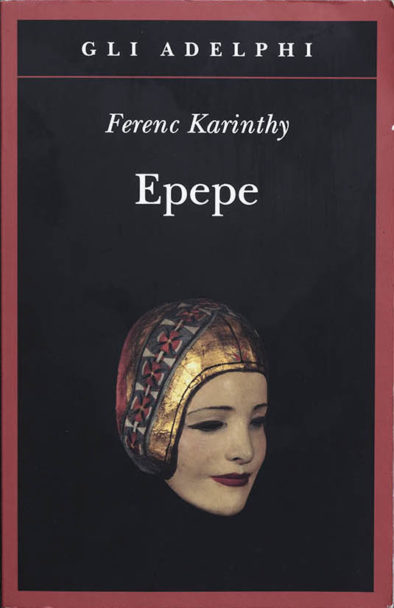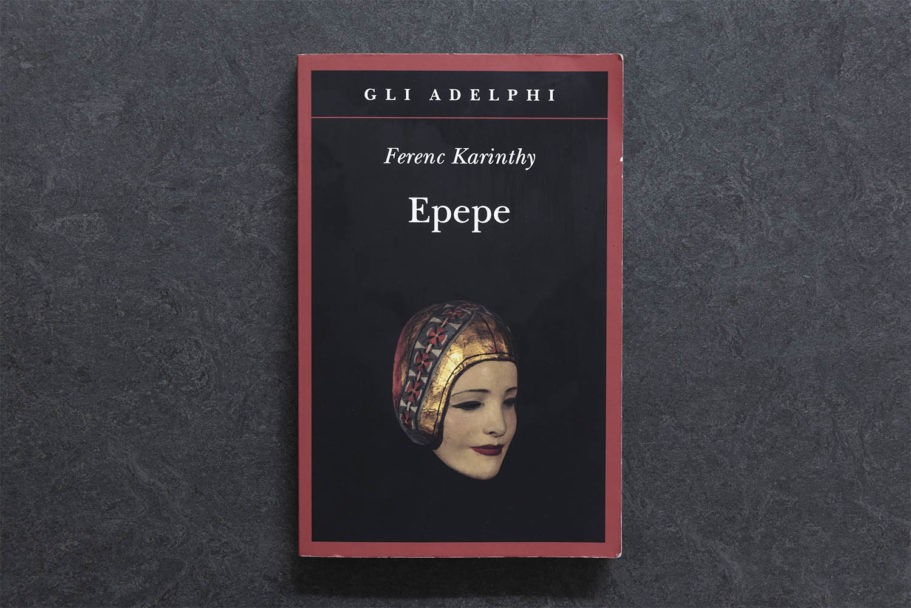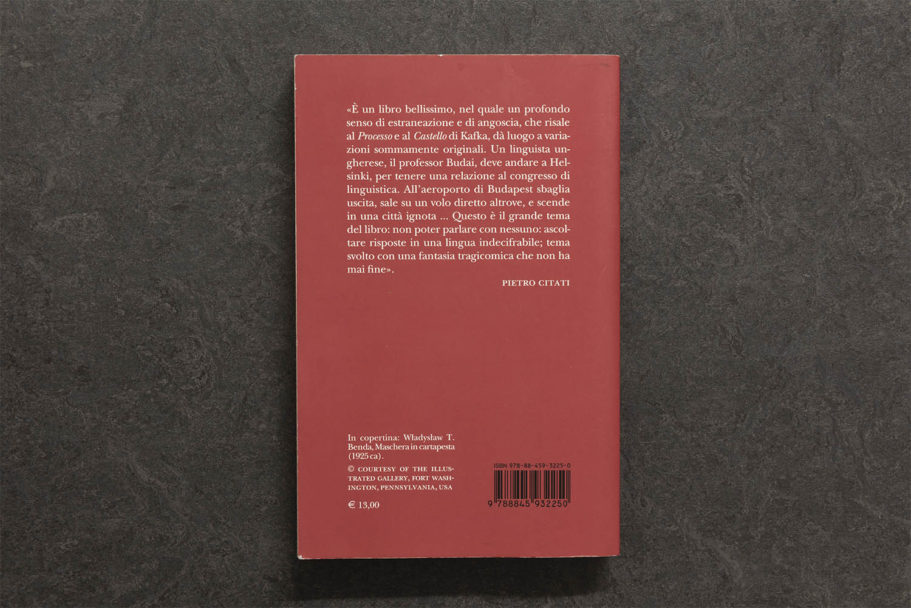
Ferenc Karinthy, Epepe, 2017

There are books that have the prodigious, fearful ability to simply give body to nightmares. Epepe is one of them. It is useless, after reading it, to try to drive it out of your mind: it will remain in it, whether you like it or not. Imagine ending up, for a mocking mistake, in a labyrinthine city whose name and geographical position you do not know, where an oceanic crowd, anonymous and threatening, is stirring day and night. Imagine finding yourself without documents, without money and points of reference. Imagine that the inhabitants of this vast metropolis speak an impenetrable language, with an alphabet vaguely similar to the Gothic runes and cuneiform characters of the Sumerians – and imagine that no one understands either yours or the most common languages. Even if you can imagine all this, you will have only a faint idea of the anguish and angry frustration of Budai, the protagonist of Epepe. Because Budai, an eminent linguist specializing in etymological research, is familiar with dozens of different languages, logical skills honed by years of scientific work and an unparalleled stubbornness. Yet, the only human being willing to comfort him, although he does not understand it, seems to be the blonde girl maneuvering a hotel elevator: a girl named Epepe, but perhaps also – who can say? – Bebe or Tetete.
Ferenc Karinthy, Epepe
Gli Adelphi, 2017
Fourth edition
Preface by Emmanuel Carrère
Translation of Laura Sgarioto
12 x 24 cm
257 pages
Soft cover
Italian
ISBN 9788845932250




